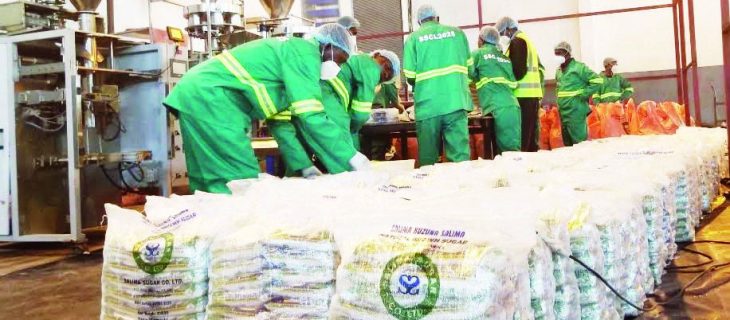
Malawi’s Sugar Sector: Price Capping to Boost Business, Drive Economic Growth
Key Business Points
- The Malawian government plans to introduce legislation to cap prices for essential commodities, including sugar, but experts warn this move may be unsustainable and counter-productive.
- To address price hikes, experts recommend focusing on increasing production to boost supply and curb inflation, rather than relying on price controls.
- The country’s installed production capacity is struggling to meet growing demand, highlighting the need for investments in production to support economic growth and stability.
The Malawian government is set to introduce the ‘Essential Commodities Bill’, which will give the government legal control over pricing of essential goods. Industry and Trade Minister Vitumbiko Mumba announced the plan, citing the need to protect the public from profiteering. However, experts have raised concerns that capping prices may not be the most effective solution to address the issue of rising costs of basic commodities such as sugar, cooking oil, and maize.
The price of sugar has reached K6,000 per kilogramme, far exceeding the recommended price of K2,900. The government and sugar companies have accused distributors of hoarding and smuggling the commodity, exacerbated by low production during the off-season. Economic commentator David Kamchacha argues that the best way to control prices is to increase production and ensure a steady supply, rather than relying on price controls.
Malawi has been experiencing supply constraints for sugar, maize, and fuel, which have disrupted market dynamics. The country’s installed production capacity is struggling to meet the growing demand, driven by a increasing population and cross-border demand. Experts recommend that the government focus on investing in production to support economic growth and stability, rather than relying on price controls. The government already has control over fuel prices, water, and electricity tariffs, and it is unclear how the new legislation will affect these sectors. As the country seeks to stabilize its economy, it is essential to consider the long-term implications of price controls and to explore alternative solutions that promote sustainable economic growth.
What are your thoughts on this business development? Share your insights and remember to follow us on Facebook and Twitter for the latest Malawi business news and opportunities. Visit us daily for comprehensive coverage of Malawi’s business landscape.
- Kanyika Niobium Mine Breaks Ground: Fuelling Malawi’s Business Growth - February 12, 2026
- RBM Tightens Grip: K145bn Treasury Decision Impacts Malawi’s Economic Landscape - February 11, 2026
- Malawi Entrepreneurs: Scale Your SME, Strengthen the Economy - February 10, 2026
